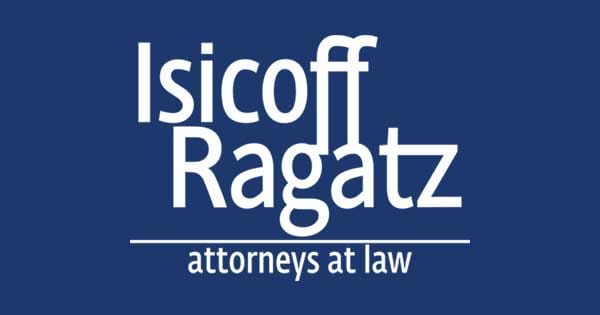Copyright protects owners from others using their work without their authorization. There are exceptions, however, that allow a person who is not the copyright owner to use the copyrighted work. One of these exceptions is known under the Copyright Act as the Fair Use Doctrine.
What is Fair Use?
The Fair Use Doctrine allows for the unlicensed used of copyrighted works in specific situations. Some examples of these situations include criticism, comment, journalistic reporting, teaching and research. There are four factors that will be considered when determining if a work can be used per the fair use doctrine.
What are the fair use factors?
One factor that will be considered is the reason and way the work will be used. Specifically, some but not all nonprofit education and noncommercial uses along with transformative uses may be valid under the fair use doctrine. Courts will balance the reason and use of the work against the other three fair use factors.
A second factor is the nature of the copyrighted work. Creative works and unpublished works are less likely to fall under the fair use doctrine than factual works.
A third factor is how much of the copyrighted work will be used. This includes examining both the quantity and quality of the copyrighted material used. A small amount of use is more likely to fall under the fair use doctrine than a large amount of use, although there are limited circumstances in which the whole work may be used.
The fourth factor is the effect the use of the copyrighted work could have on the market or how the use will affect the value of the work. This involves an examination of how the use will hurt the market for the copyright owner’s work. Specifically, the court will consider if the current market would be harmed and/or there could be substantial harm if the work were to be widespread.
Protect your copyright
There is no formula used to determine whether use of a work falls under Fair Use. Decisions are made on a case-by-case basis. Ultimately, it is important that a copyright owner’s rights are protected, and their copyrighted works are not improperly used.

